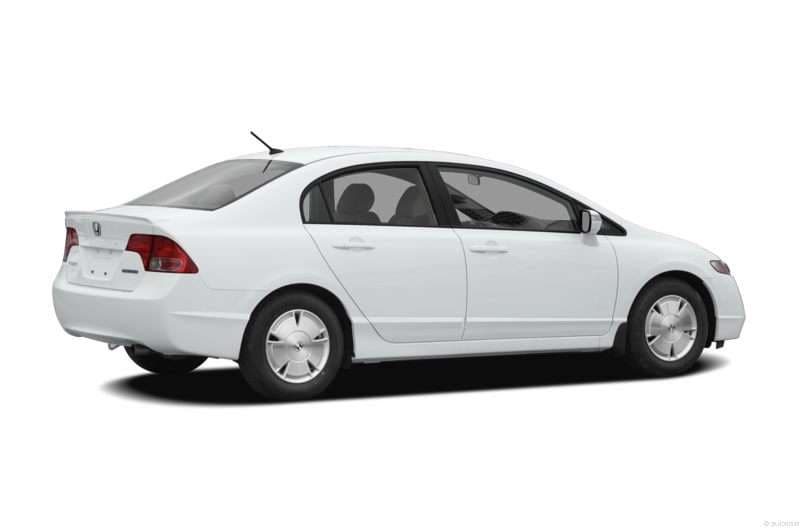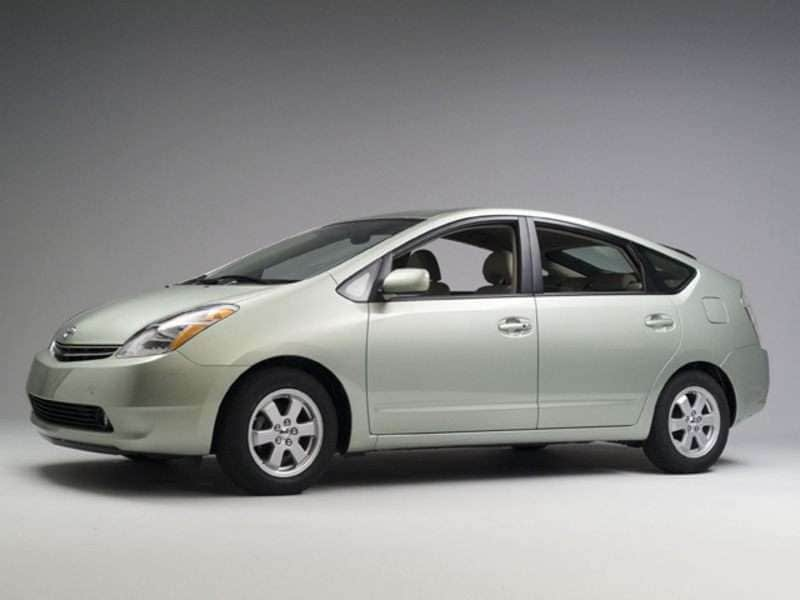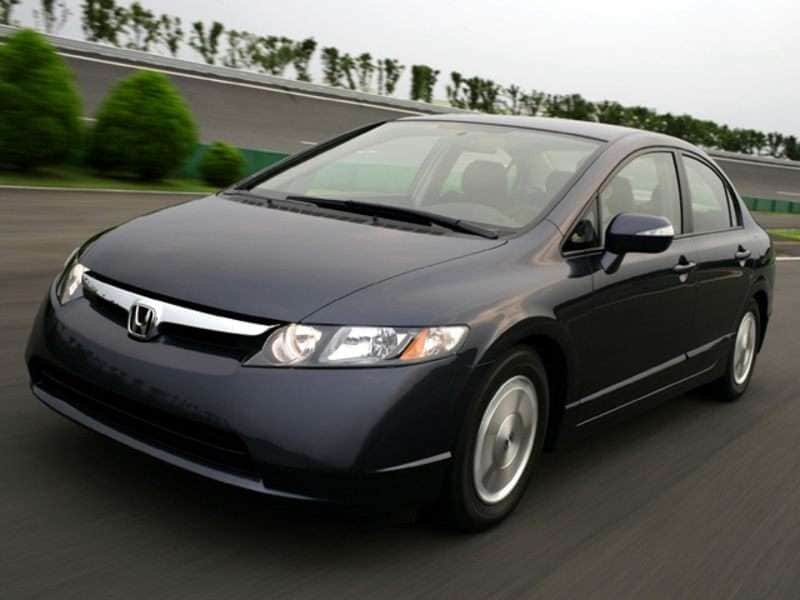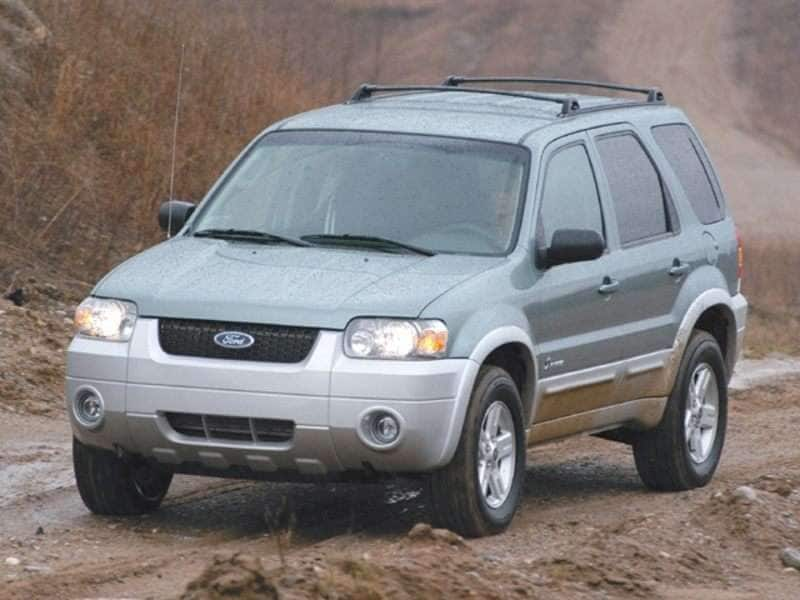Recent Articles
Popular Makes
Body Types
Best Used Hybrid Cars
Hybrids caught our interest when they first arrived and are showing no signs of waning. Here are 3 of the best used hybrids on the market.

The hybrid market is growing every day with new models coming out constantly and even more in the planning stages.
Like many other types of vehicles, hybrids run the full gamut of sizes and market segments. There are small hybrids in the compact sedans and hybrids in full-size SUVs. It’s somewhere in the middle that most of the current hybrid models live.
Unfortunately, for those interested in moving into a hybrid, they do tend to cost close to 20 percent more than the gas version. There are some hybrids that start around $20,000 and they go up from there. Almost every auto maker has a hybrid out on the market or one coming out. This is good for the consumer in that as more vehicles become available, the price will drop making them more accessible to more people.
There are two types of hybrids - those that focus on performance and those that focus on fuel efficiency. The performance oriented hybrids do offer decent fuel economy – around 20-30 miles per gallon but the more fuel efficient variations offer between 35 and 48 mpg.
Due to the hybrid system, the interior of these earlier models were smaller and took up much of the back seat or cargo space. The new ones have improved somewhat although there is still room for improvement. Some of the hybrid vehicles are large and can carry up to seven passengers, like the Toyota Highlander. Then there is the Hybrid Chevrolet Tahoe and the GMC Yukon, both of these vehicles can carry nine passengers. The cargo area is still not the same as the gasoline versions because the batteries require space. Because of the batteries, the rear seats can’t fold down the same in other vehicles and there is no under-the floor storage. The load that a hybrid can carry may be slightly less but is usually comparable to the non-hybrid version.
There’s been some concern over the maintenance costs of owning a hybrid. At this point, after eight years on the market, the hybrids are appearing to be on par with normal cars. Tires wear evenly and the oil changes and routine maintenance are the same. The one thing that is uncertain is the replacement cost of the batteries. As far as safety goes, hybrids appear to be as safe as gasoline vehicles.
2004-2006 Toyota Prius
The Toyota Prius was the first mass produced hybrid vehicle. It was introduced in 1997 to Japan and in 2001 to the US market. It has the distinction of the being at the top of the fuel-efficient vehicle list, achieving an astonishing 48 mpg in the city and 45 mpg on the highway.
The highlights of this generation include a complete redesign that extended the model by six inches and repositioned the vehicle for size between the Toyota Corolla and the Toyota Camry. Toyota has used the in this model which has an all-electric compressor for cooling. This model, also known as NHW20, is more powerful and more efficient that the previous version. Other changes include an independent air conditioning system which can operate separate from the gas engine.
This vehicle holds classification, meaning it is a , and it is certified as an ().
One of the main concerns for any hybrid, in particular the used hybrid, is the battery life. These vehicles have a small and light NiMH battery. The US warranty for the Toyota Prius is 100,000 miles or 8 years. Toyota has stated they expect the batteries to last longer. The question that really needs to be asked of any dealer buying a used Toyota Prius - is how much will it cost to replace these batteries?
Besides the major technology packed under the hood of this beautiful midsize car are many standard features. Toyota hasn’t scrimped on the features, safety equipment or options available. There’s enough here to keep most consumers happy – and this is on top of the savings at the pump.
For those of those concerned about the safety issues involved in driving a hybrid, rest assured that the Toyota Prius received a five star rating for the driver and a four star passenger rating in the front collision crash tests. For the side impact tests, both the front and rear passengers received a four star rating.

2003-2006 Honda Civic Hybrid
This Honda is the hybrid variation of the Honda Civic. They’ve taken an excellent vehicle and improved it yet again. But then for a company of Honda’s reputation this is no surprise. They’ve built their vehicles on a reputation of innovation, reliability and safety. This vehicle is only available as a sedan.
The first generation hybrid was built based on the seventh generation Honda Civic, giving Honda many years to get the vehicle just about right. It did receive a freshening up in 2004 and continued alongside the other Honda vehicles a little longer than planned as Honda struggled to release the second generation.
If you look at the Honda Civic Hybrid and the Toyota Prius you’d find the Hybrid has more power. The Honda has a 1.3 L 95 BHP engine as compared to the 1.5L 76 BHP found under the hood of the Toyota Prius. The engine is paired with a 20-horsepower electric motor as part of Honda’s . This motor helps to boost the gasoline engine when accelerating, plus it saves energy during braking and it can allow the engine to turn off at stoplights. The motor and engine together produce 110 horsepower and 123 lb-ft of torque.
Awards, awards and awards – that’s been the Honda Civic Hybrid’s legacy. For three years in a row, this car’s engine won the award for its engine size. For 2003 and 2004, the Honda Civic Hybrid also won in the category.
Owning a vehicle like this one is not only about the technology and fuel economy. It's also about how the car drives. Thankfully, this vehicle delivers a lot of fun and driving enjoyment for the price – an excellent value that carries over well into the used car market.

2004 - 2006 Ford Escape Hybrid
Like most of the major automakers, Ford has entered the hybrid vehicle market too. The Ford Escape Hybrid was introduced in 2004 as a hybrid variation on the conventional Ford Escape. This was a first hybrid SUV for the North American market. In this case, the Ford Escape Hybrid is a gas-electric hybrid. Ford has two sister vehicles to the Ford Escape Hybrid – the Mercury Mariner Hybrid and the Mazda Tribute Hybrid.
It’s hard to tell the hybrid version from the traditional Ford Escape when all else is equal so Ford has Hybrid badges on the front driver and passenger door as well as the tailgate. Another small design difference is the size of the driver’s side window at the back. This design change allowed a ventilation slot for the high voltage battery.
The hybrid system on this vehicle is classed as a versus system. What this means is that system has the ability to switch between electric power, gasoline or choose a combination of electric and gas working together. There is also regenerative braking in this vehicle that allows the Ford Escape Hybrid to use the electric drive motor as a generator to convert energy to electricity and then store it in the available batteries. This vehicle has the same acceleration as the conventional Ford Escape with a V6 engine.
This vehicle has been so popular that Ford produced 17,000 units in the last six months of 2004 – this figure is four times as many as they had planned to build. With the improved fuel economy over it’s conventional model, sales have remained steady.
Ford has built their reputation on tough and reliable and the Ford Escape Hybrid is just that. This is an excellent touring, hauling or just for commuting vehicle. There are several options and packages available to customize the vehicle to suit any consumer.
